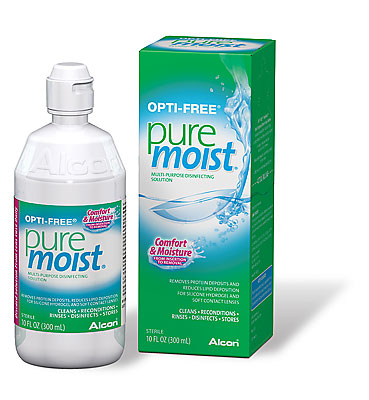
Many wear less glam spectacles instead of contact lenses while on a flight, or go without using either, due to discomfort. Here are tips on eye care and lenses that can help
If you wear contact lenses, you might have found that wearing lenses while travelling on a flight, especially long-haul, is a bad idea. The conditions of dry, tired and aching eyes may be familiar to you.
Dr Adam Tan, an optometrist from Nanyang Optical – who deals with contact lens fitting, especially in the use of specialty lenses such as toric and multifocal lenses – shares his insight on eye care and lenses that can prevent these very problems.
Dr Tan says one of the most common issues encountered by contact lens users is eye dryness due to various factors such as the environment, low volume of tear production, age, contact lens wear and so on.
“Many consumers still lack awareness of the importance of annual eye examinations, as well as of getting lenses properly fitted by a qualified optometrist or practitioner,” says Dr Tan.
He says one should make an appointment with a qualified Eye Care Professional (ECP) for an annual eye examination, comply with ECP recommendations on the use of eye, lens and lens care products, and consult one’s ECP for eye care needs, and before changing the use of such eye care products.

It is common to see contact lens users on flights, especially long-haul, choosing to go with spectacles, for fear of the feeling of dryness and discomfort. Dr Tan says this effect may be due to the atmosphere in the aircraft.
“Traditional hydrogel lenses with high water content may dry and distort more than those with lesser water content. This may be overcome with silicone hydrogel lenses or gas permeable lenses. Silicone hydrogel lenses have improved wetting qualities, low water content, hence low dehydration tendency.”
Another aspect of long-haul flights is the tendency for one to take naps. Dr Tan reminds us that sleeping with lenses that are not highly-breathable is discouraged due to lack of oxygen to the eyes.
“With the significantly higher oxygen transmissibility of silicone hydrogel lenses, it is recommended for passengers who’re wearing lenses to use lenses with better wettability and oxygen permeability such as silicone hydrogels. These lenses transmit more oxygen through the lens than traditional soft contact lenses. It also helps provide a healthy feeling and comfort all day,” he says.
Dr Tan points out, silicone hydrogel contact lenses with a continuous plasma surface treatment have been clinically proven to effectively improve the “wettability” of the lens surface and resist deposits.
In choosing the right lens solution, Dr Tan says it depends on what material the lenses are made out of, how often you replace them, as well as whether you have any allergies. If you may be unsure, check the label on the box to ensure your lens solution can be used for the specific type of lens, as some lens solutions are only meant to be used for specific lens materials.
Alcon recently launched its new OPTI-FREE® PureMoist® Multi-Purpose Disinfecting Solution (MPDS), which complements all soft contact lenses for all-day comfort. The HydraGlyde® Moisture Matrix embeds itself on and within the lens surface to deliver moisture to the lens throughout the day. It also reduces lipid deposition and removes protein deposits for clean fresh lenses for you.
AIR OPTIX® contact lenses and OPTI-FREE® PureMoist® MPDS in combination provide a healthy and comfortable lens-wear experience for the lens wearer.
Nonetheless, when in doubt, always consult your ECP for what is best suited to you.

5 tips for lens users when flying
1. Use silicone hydrogel or gas permeable lenses.
2. Use lens re-wetting lotions when lenses get dry or blurry.
3. Regular blinking helps to lubricate the lenses when doing work or similar, such as reading or using laptop, etc.
4. Disinfect and soak lenses in solutions that will keep lens surface lubricated prior to wearing.
5. Always use fresh lenses.
ADVERTISEMENTS








